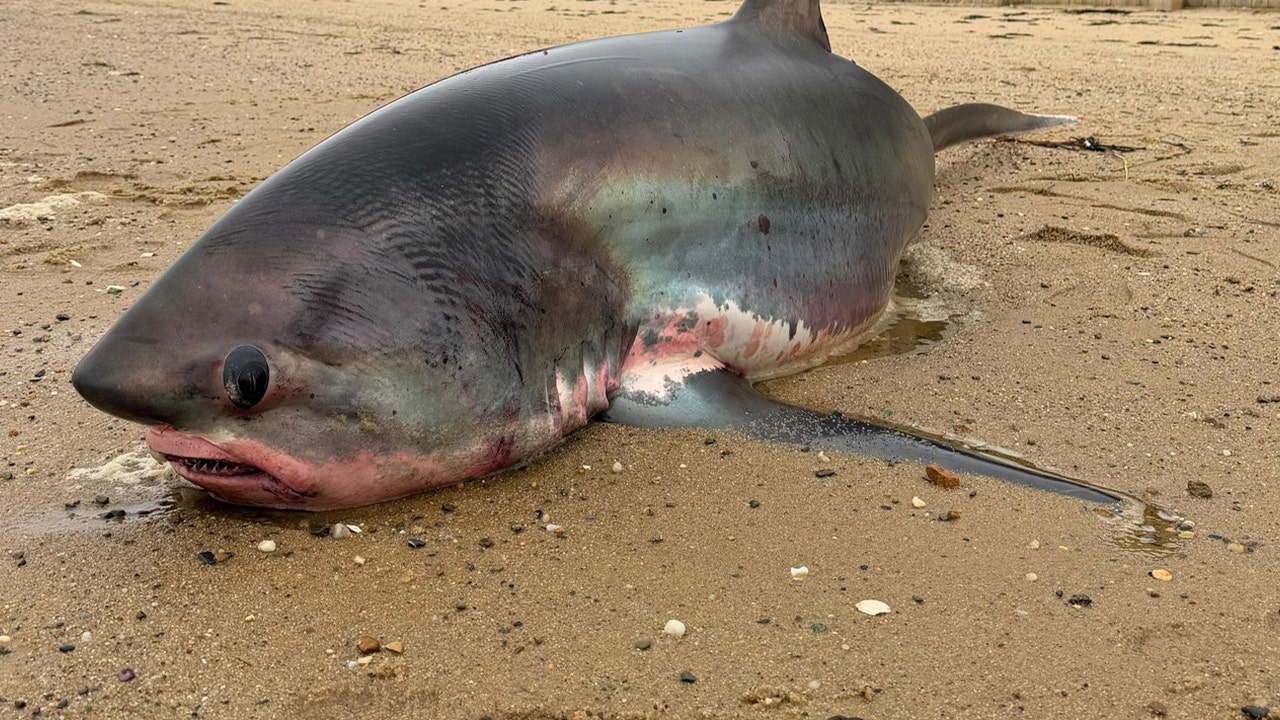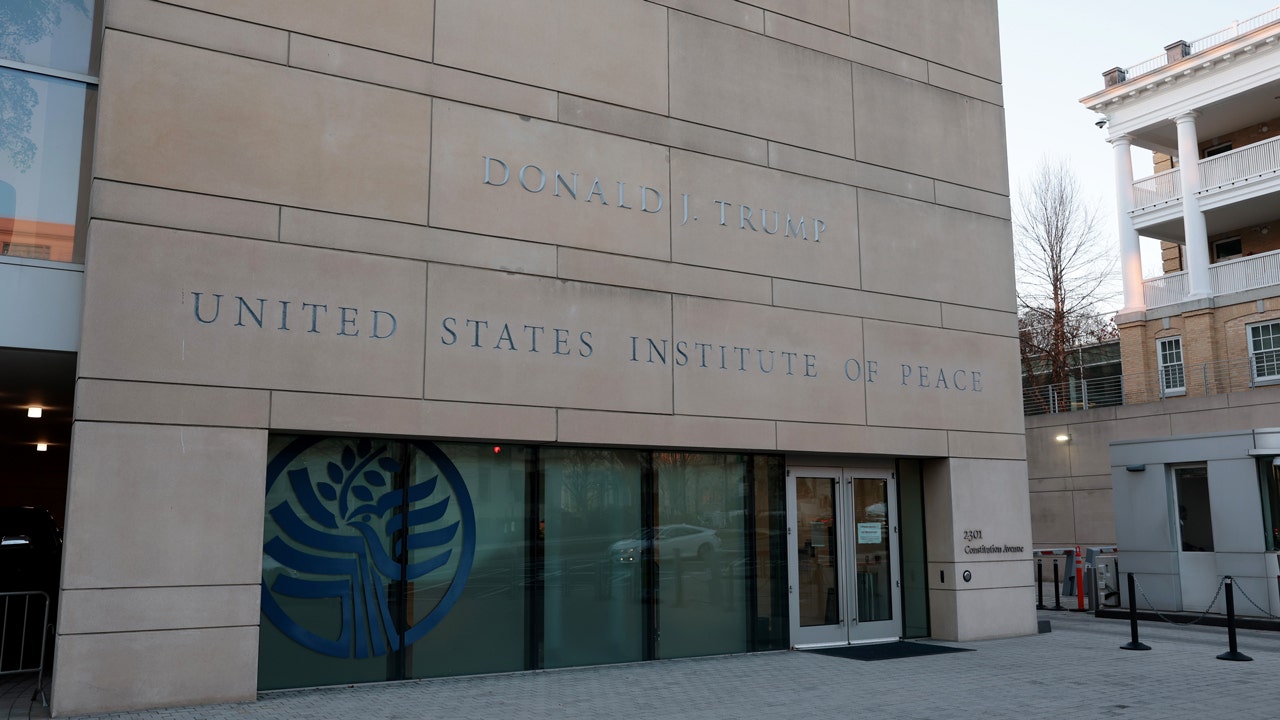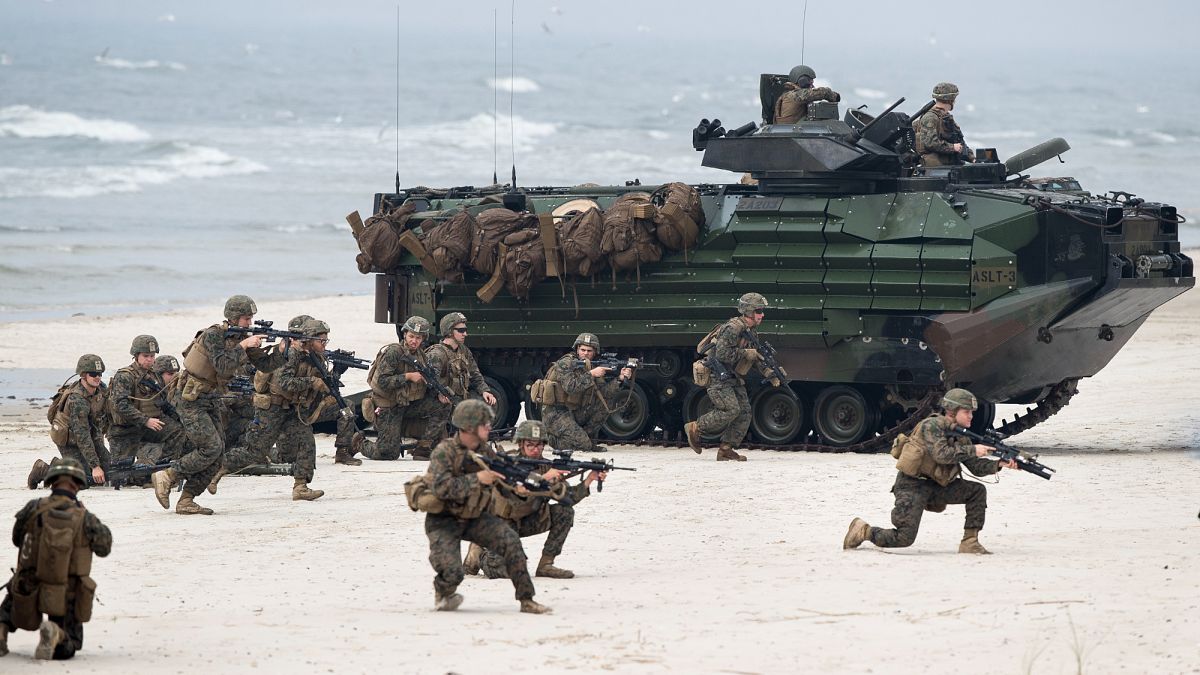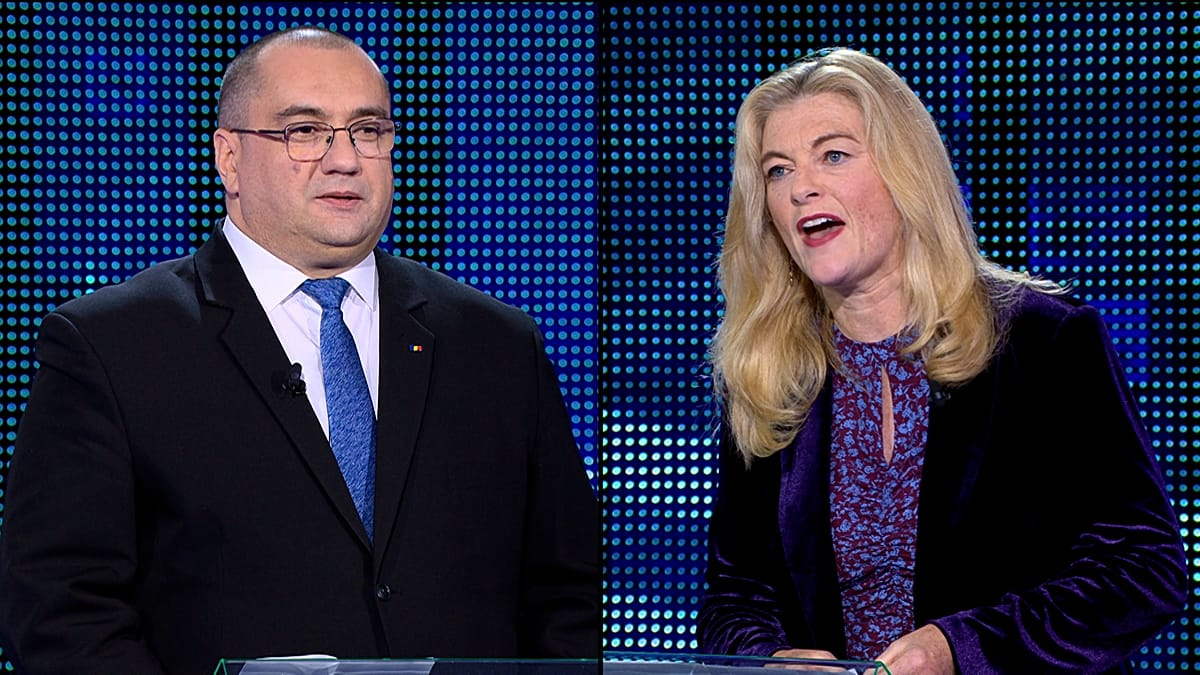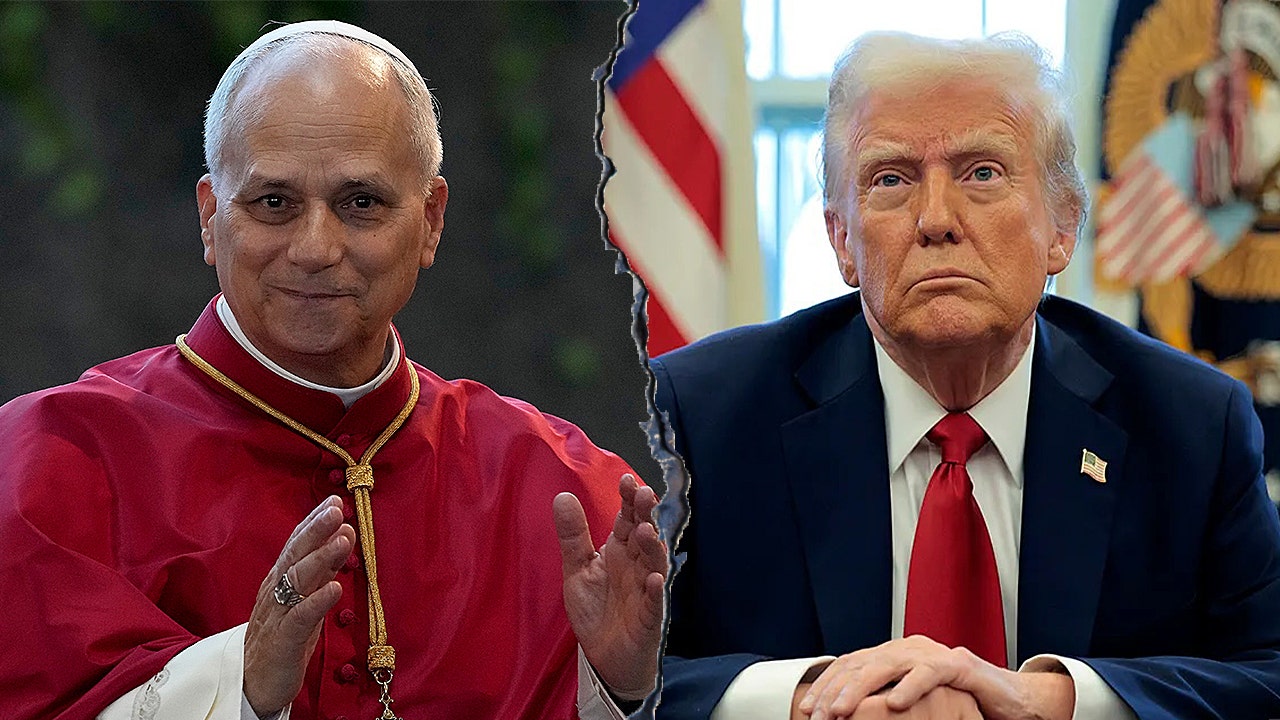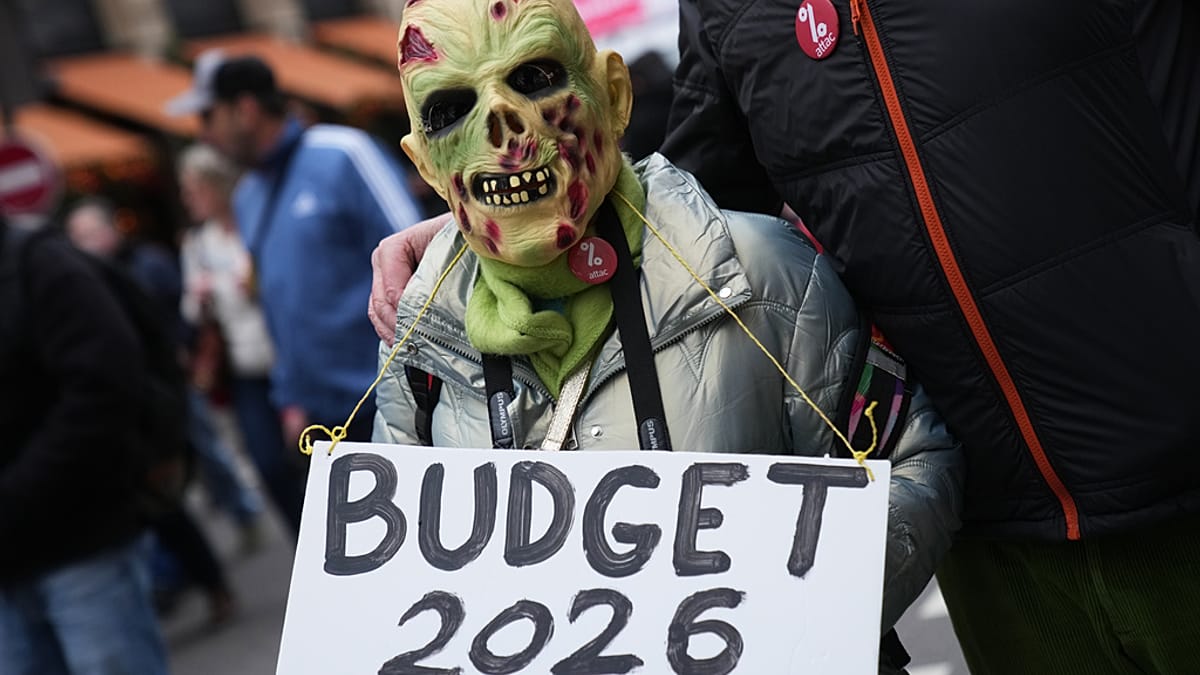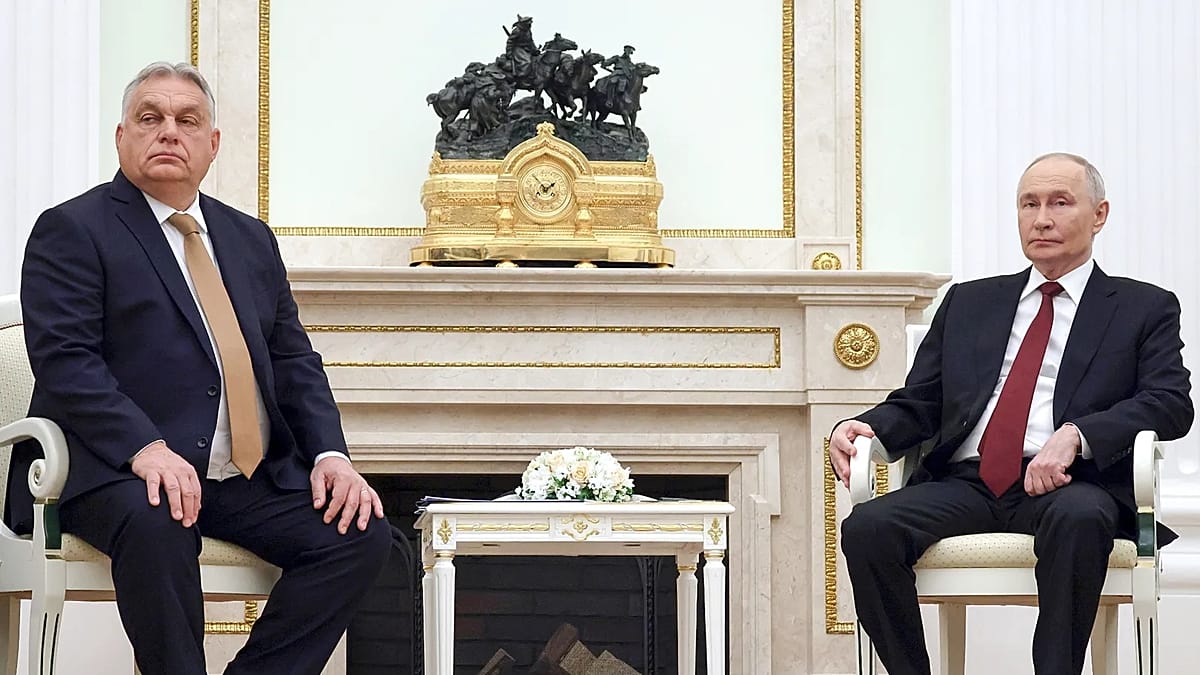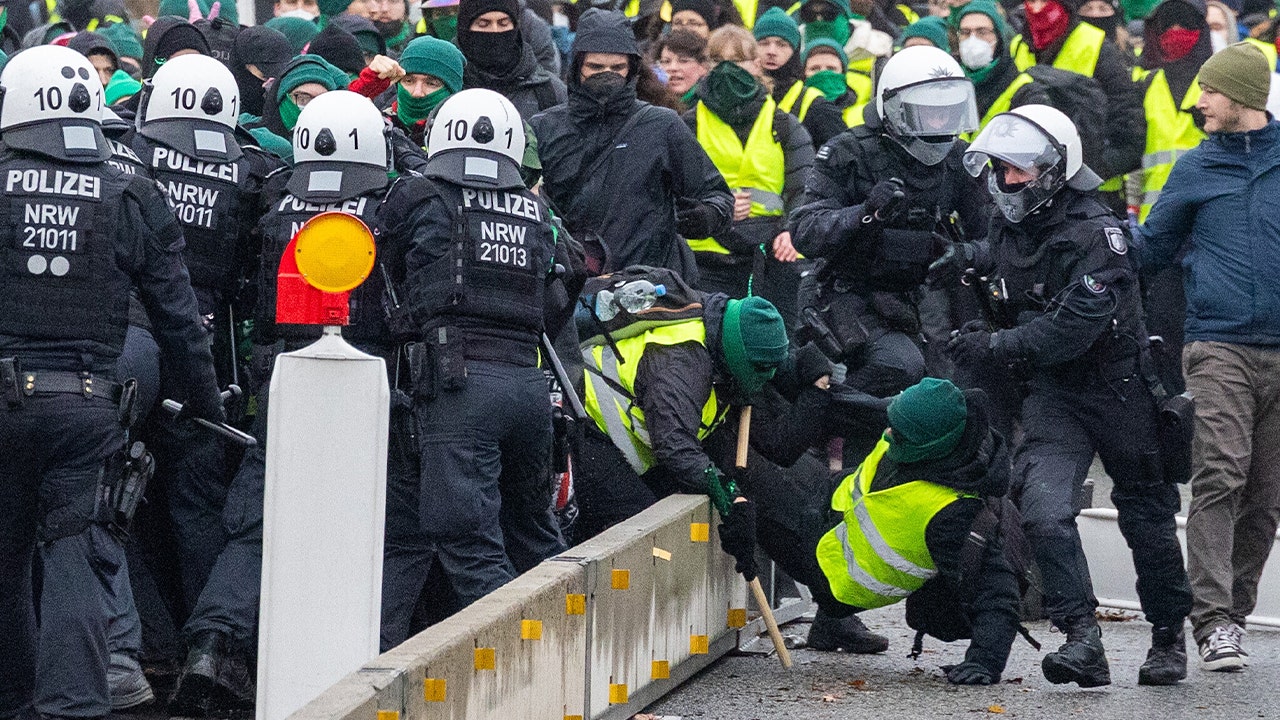ADVERTISEMENT
China’s new export restrictions are raising renewed alarm in Europe, with the defence industry warning that the continent urgently needs to make its supply chains more resilient and reduce its dependence on critical raw materials.
The Aerospace, Security and Defence Industries Association of Europe (ASD) — which represents over 4,000 companies including Airbus, BAE Systems, Saab, Thales and Rheinmetall — says it is keeping a watchful eye on the new Chinese measures.
“We are closely monitoring the new measures and will assess their practical implications as further details emerge,” ASD spokesperson Adrian Schmitz told Euronews.
Starting 1 December, companies linked in any way to foreign militaries will face major restrictions on export licences. Beijing has also said that any applications to use rare earths for military purposes will be automatically denied.
In practice, that means China wants to prevent its rare earths and related technologies from ending up — directly or indirectly — in foreign defence industries.
Experts say the restrictions may not stop supplies overnight, but they could still have serious consequences for Europe’s defence sector.
“Expanded Chinese restrictions would hit Europe’s defence industry hard, potentially delaying ammunition production and high-tech systems that rely on critical minerals,” said Daniel Fiott, professor at the Brussels Centre for Security, Diplomacy and Strategy (CSDS).
“It comes at the worst possible time too, just as Europe seeks to rearm and scale up its defence base through greater investment,” he added.
Europe’s push to boost defence autonomy
At a NATO meeting in The Hague this summer, the 32 members of the alliance — 22 of which are also EU countries — pledged to boost their defence capabilities and increase defence spending to 5% of their GDPs by 2035.
The EU, meanwhile, is trying to coordinate more joint procurement, reduce reliance on foreign suppliers, and push forward flagship projects such as the “drone wall” and the Eastern Flank initiative — a key part of its deterrence strategy against potential Russian aggression.
But analysts say China’s tightening of export rules on rare earths has added another layer of pressure.
“China is in the process of pulling the rug out from under Europe’s rearmament efforts, just as the Kremlin steps up its aggression beyond Ukraine,” said Joris Teer, research analyst at the EU Institute for Security Studies (EUISS).
He warned that Chinese controls could slow down military innovation across NATO and its Asian partners — and even affect Europe’s radar systems, quantum computing and other high-tech defence technologies.
The dependence on critical raw materials varies across defence systems and equipment, and some companies might be more affected and concerned than others. A spokesperson for Rheinmetall told Euronews the group has “stable and secure supply chains” that guarantee access to key supplies.
“We secure our requirements through strategic purchasing and warehousing, (and) we have a wide variety of highly differentiated supply sources from all parts of the world,” the spokesperson said.
Smaller European defence firms said that while the new restrictions could disrupt production schedules and increase costs, the challenges are manageable. Solutions include securing key components early, qualifying multiple suppliers and redesigning products to reduce reliance on rare materials.
Reducing dependency — easier said than done
Access to critical raw materials is vital for the EU’s rearmament goals, as battle tanks, fighter jets, drones and radar systems all rely on them.
The bloc currently depends heavily on imports. China alone supplies 31% of the EU’s tungsten and 97% of its magnesium metal, while demand for rare earths is expected to rise sixfold by 2030.
To tackle the problem, Brussels passed the Critical Raw Materials Act earlier this year — a plan to boost domestic production, diversify imports and promote recycling.
By 2030, the EU wants to meet 10% of its demand through domestic extraction, 40% through processing, and 25% through recycling. It also aims to limit reliance on any single country to no more than 65% for each material.
Still, experts warn that progress will take time.
“Europe must also come up with bold ideas for investing in domestic refining and recycling to reduce dependency on China,” said Fiott. “This may come at some environmental cost, so it will not be easy to balance defence and climate targets.”
Tensions ahead of key US-China talks
The export controls also come amid rising trade tensions between Beijing and Washington. Presidents Donald Trump and Xi Jinping are expected to meet in late October during the APEC summit in South Korea — just before the new measures take effect.
The timing has prompted some analysts to see the move as a negotiation tactic.
In a statement, the Chinese Ministry of Commerce said it was willing to strengthen communication and cooperation with all parties to “ensure the security and stability of global industrial and supply chains.”
But the European Chamber of Commerce in China warned the move could worsen trade tensions, urging Beijing to keep dialogue open and ensure rare earth exports to Europe continue.
European Commissioner for Trade Maroš Šefčovič called the measures “unjustified,” saying they further harm European companies already facing delays in Chinese export licensing.
“Rare earths and permanent magnets are key elements in practically everything with a digital component. To have this dramatic expansion of scope and add additional products is aggravating the situation,” Šefčovič said on Tuesday.
He has requested a videoconference with his Chinese counterpart to discuss the issue, expected to take place next week.
Read the full article here


